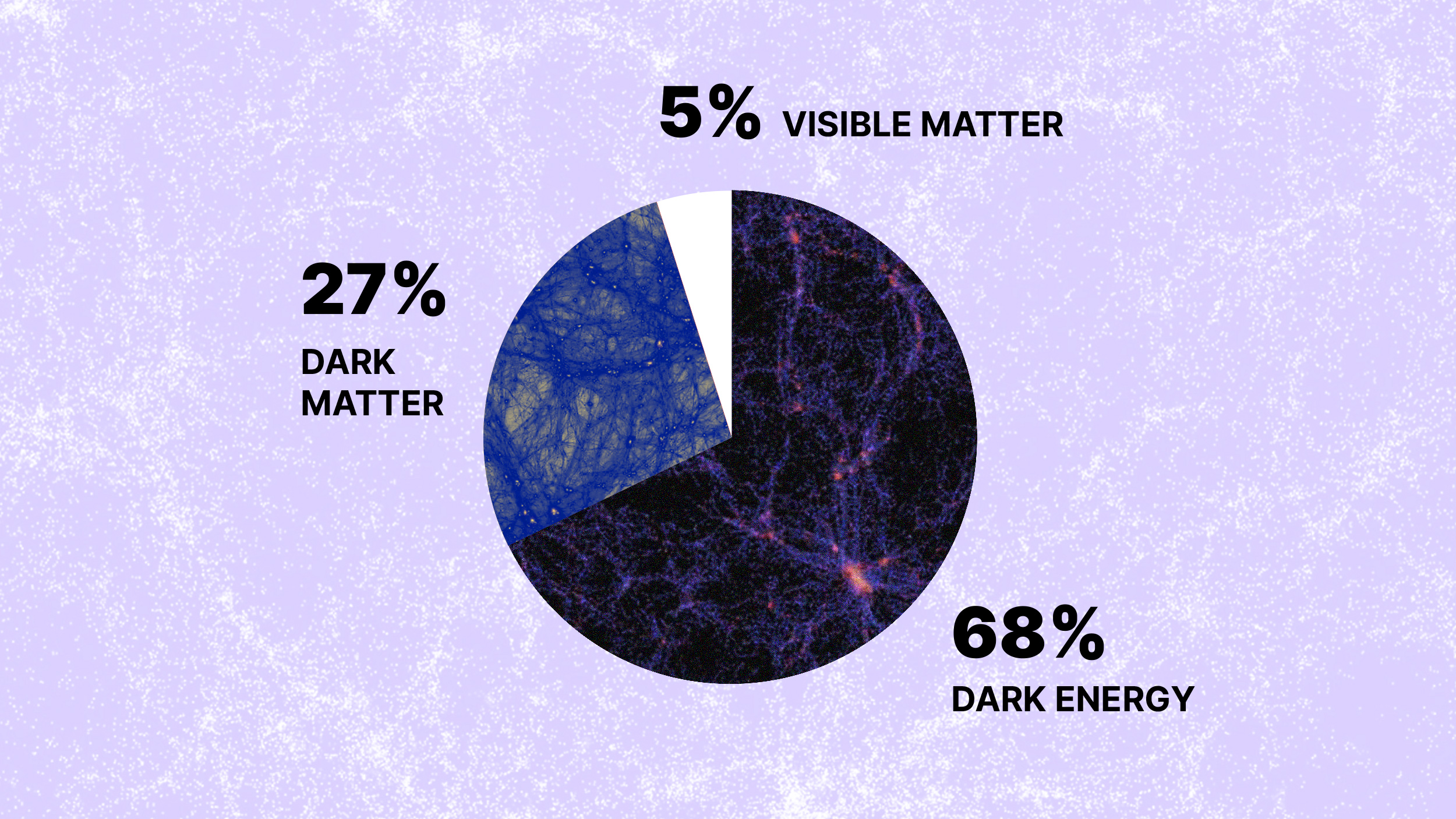Dark energy evolution is a central focus of contemporary cosmological research, shedding light on the mysterious force that drives the universe’s acceleration. Recent findings from the Dark Energy Spectroscopic Instrument (DESI) collaboration, a groundbreaking international effort featuring scientists from institutions like Harvard, indicate that this enigmatic energy, often equated with the cosmological constant, may be changing over time. As the balance between matter and dark energy influences the fate of our cosmos, understanding dark energy’s role could lead to pivotal adjustments in our current models of the universe. By constructing the most comprehensive 3D map of cosmic distribution spanning over 11 billion years, DESI researchers aim to pinpoint how dark energy operates throughout history. These insights not only enhance our grasp of universe expansion but also open pathways for exciting discoveries in astrophysics research, promising a deeper comprehension of the fundamental forces at play in the universe.
The progression of dark energy throughout the ages has sparked intense interest in cosmology, as it is critical for understanding the dynamics of the universe. This evolving force, which some theorize may act as a form of a varying cosmological constant, influences how galaxies are distributed and how the universe is expanding. Researchers involved in the DESI initiative are dedicated to unveiling the complexities of this cosmic phenomenon, employing innovative techniques to gather data from millions of galaxies and quasars. Their work not only investigates the great fabric of cosmic structure but also addresses fundamental questions surrounding the universe’s ultimate fate. As the exploration of dark energy continues, new findings promise to reshape our understanding of astrophysics and the very nature of reality.
Understanding Dark Energy in Cosmology
Dark energy has emerged as a pivotal concept in modern cosmology, fundamentally altering our understanding of the universe’s expansion. Initially considered a cosmological constant, this enigmatic force is thought to be responsible for the acceleration seen in the universe’s expansion. Recent studies, particularly those stemming from the DESI collaboration, indicate that dark energy may not be as static as previously assumed. Its potential evolution brings forth critical implications, challenging established theories and urging astrophysicists to reconsider the underlying mechanisms at play.
The intricacies of dark energy interweave with key astrophysical principles such as the distribution of matter across vast cosmic regions. As DESI meticulously maps galaxies and quasars, it provides invaluable data that enables scientists to analyze the effects of dark energy over an extensive temporal framework. Understanding how dark energy evolves not only sheds light on the fate of the universe but also enriches our theoretical framework, potentially leading to breakthroughs in our comprehension of cosmic phenomena.
Frequently Asked Questions
What is dark energy evolution and why is it important for understanding the universe?
Dark energy evolution refers to the changes in the properties and influence of dark energy over time, particularly as it relates to the universe’s expansion. Understanding dark energy is crucial because it is the force believed to drive the universe’s accelerating expansion, affecting the fate of the cosmos itself. Recent studies indicate that dark energy may not be a static entity, as previously thought, but could be evolving.
How is the DESI collaboration contributing to the study of dark energy evolution?
The Dark Energy Spectroscopic Instrument (DESI) collaboration plays a pivotal role in studying dark energy evolution by creating detailed 3D maps of the universe. By analyzing the distribution of galaxies and quasars over 11 billion years, DESI researchers have begun to uncover how the influence of dark energy has changed, providing key insights that may challenge existing cosmic models.
What are the implications of dark energy possibly weakening over time?
If dark energy is indeed weakening over time, as suggested by recent DESI findings, this could significantly alter our understanding of the universe’s fate. It would imply that the cosmological constant model, which assumes dark energy remains constant, may need to be revised. This evolution could lead to new theories in astrophysics regarding the ultimate fate of the universe.
How does the concept of a cosmological constant relate to dark energy evolution?
The cosmological constant is a key concept in astrophysics that describes dark energy as a constant density field permeating space. If dark energy evolution indicates that this constant is changing, it may necessitate a new framework for understanding the expansion of the universe and its overall behavior. The DESI collaboration’s findings challenge this longstanding notion and highlight the dynamic nature of dark energy.
What role do Baryon Acoustic Oscillations play in understanding dark energy’s influence?
Baryon Acoustic Oscillations (BAOs) are important features in the cosmic microwave background that reflect patterns leftover from the early universe. They serve as a ‘standard ruler’ for measuring cosmic distances. DESI utilizes BAOs to gauge the expansion of the universe across time, providing critical data on how dark energy’s influence has evolved, thus helping researchers understand its role in the universe’s expansion.
What can we learn from the latest data released by the DESI collaboration about dark energy?
The latest release of data from the DESI collaboration offers unprecedented access to detailed observations of over 14 million galaxies and quasars. This extensive dataset enables researchers to conduct thorough analyses of dark energy evolution, potentially leading to groundbreaking discoveries in how dark energy impacts the expansion of the universe and our understanding of cosmic structure.
How does astrophysics research utilize DESI’s findings on dark energy evolution?
Astrophysics research leverages DESI’s findings on dark energy evolution to refine models of cosmic expansion and structure formation. By examining the interactions between dark energy, matter, and galaxy formation, astronomers can gain insights into the universe’s history and future. DESI’s ongoing observations continue to enhance our comprehension of the complex dynamics of dark energy.
What findings have been recently announced regarding dark energy from the DESI collaboration?
Recent findings from the DESI collaboration indicate that dark energy may be evolving, challenging previously held beliefs about its properties. Researchers have presented evidence gathered from extensive analysis, suggesting that the behavior of dark energy is more complex than the cosmological constant assumption. These findings could initiate a paradigm shift in cosmology.
Why is collaborative research like that of the DESI collaboration essential for studying dark energy?
Collaborative research, exemplified by the DESI collaboration, is essential for studying dark energy due to the complexity and scale of data involved. With over 900 researchers from more than 70 institutions, this teamwork allows for a comprehensive approach to analyzing cosmic phenomena, pooling expertise and resources. Such collaborations enhance the scientific community’s capacity to tackle pressing questions about dark energy and the universe.
| Key Points | Description |
|---|---|
| Dark Energy Spectroscopic Instrument (DESI) | An international collaboration analyzing dark energy’s role in the universe. |
| Weakening of Dark Energy | Recent findings suggest dark energy may be less potent than previously thought. |
| Baryon Acoustic Oscillations | Patterns from early universe that help measure dark energy’s impact over time. |
| Global Collaboration | Over 900 researchers from 70 institutions studying cosmic phenomena involving dark energy. |
| Data Release 1 | A dataset available for public exploration containing data on millions of celestial objects. |
Summary
Dark energy evolution is a critical area of study as it helps scientists understand the universe’s accelerating expansion. Recent discoveries from the DESI collaboration indicate that dark energy might be changing over time, challenging established cosmological models. These insights could reshape our understanding of the cosmos and future interactions between matter and dark energy.



